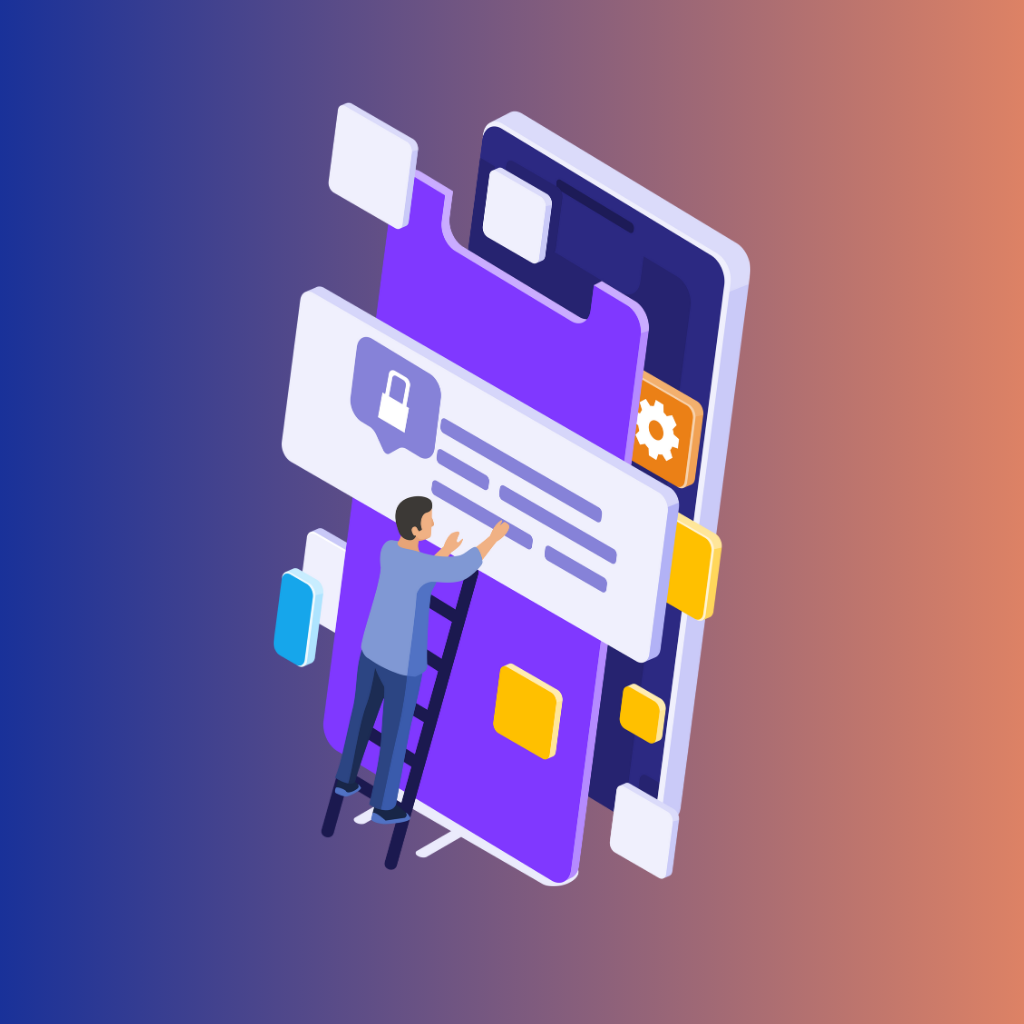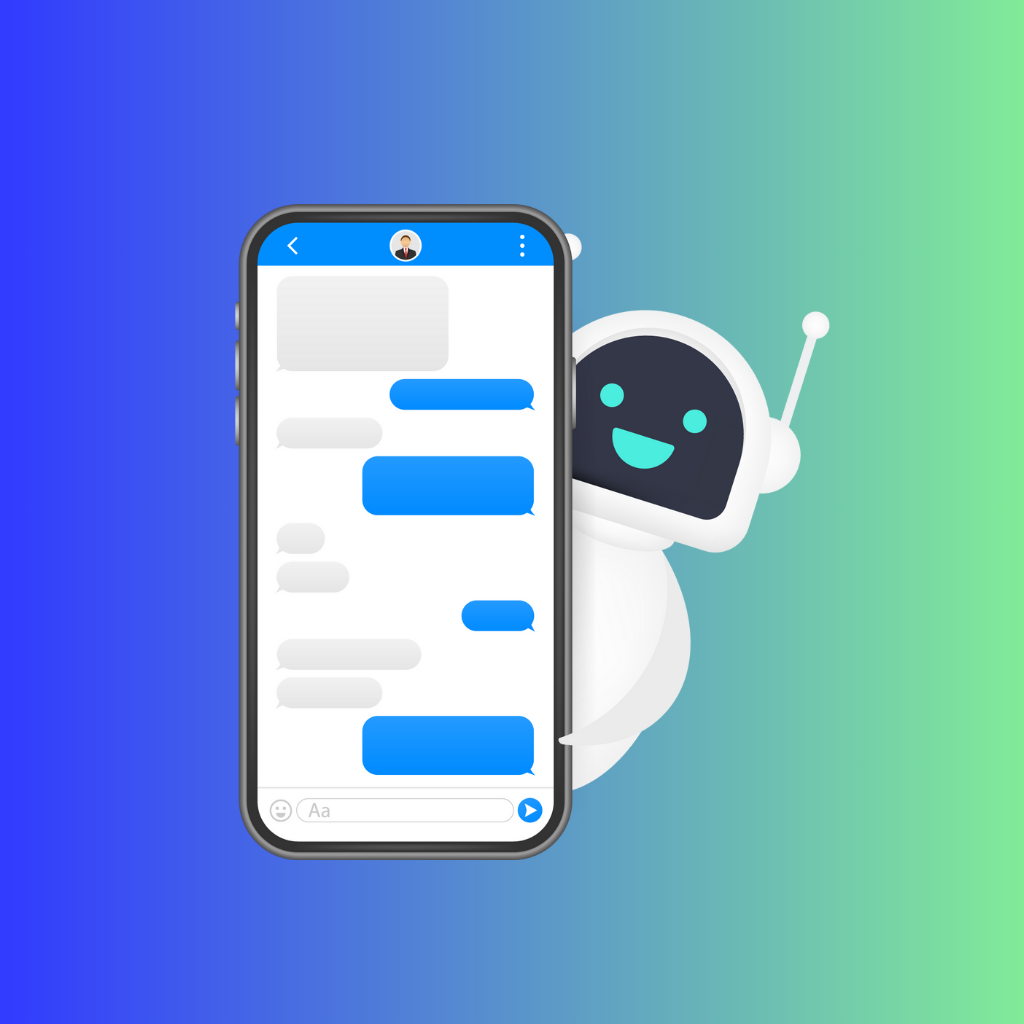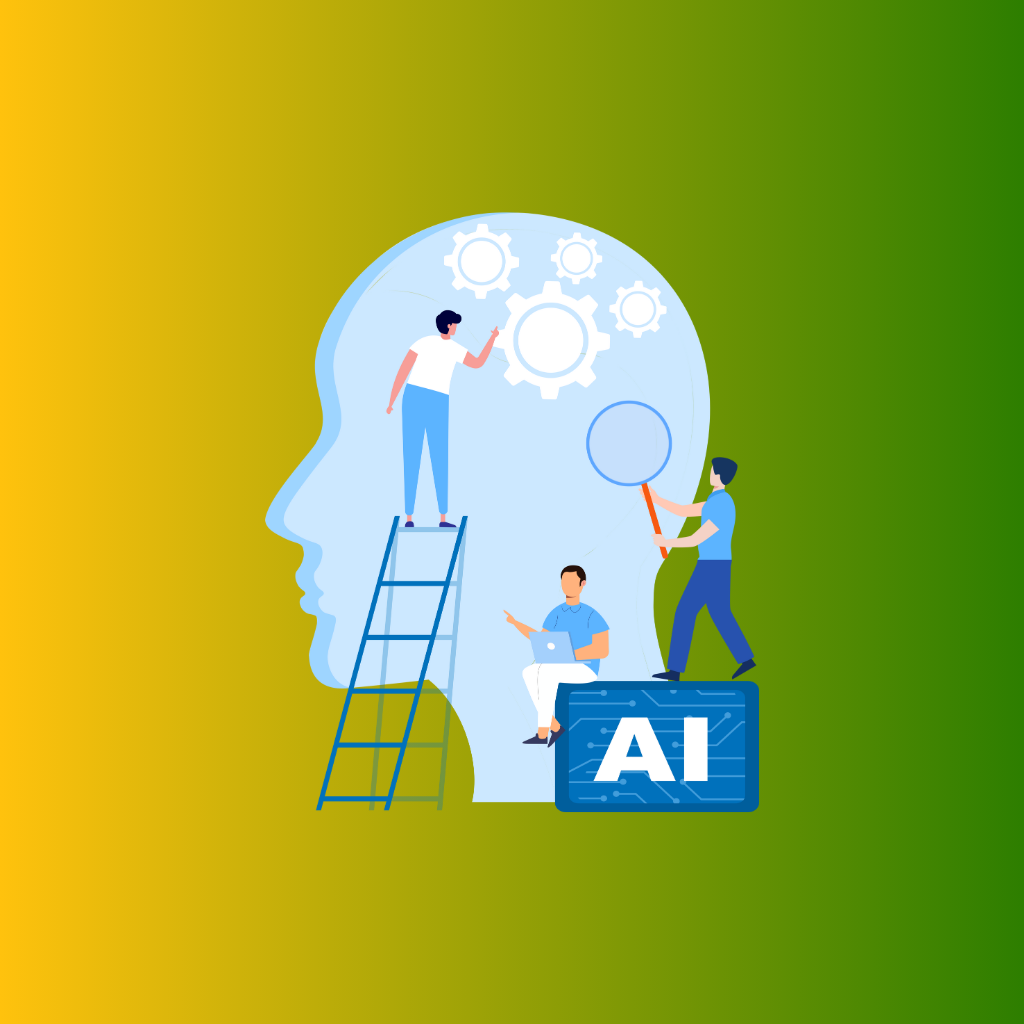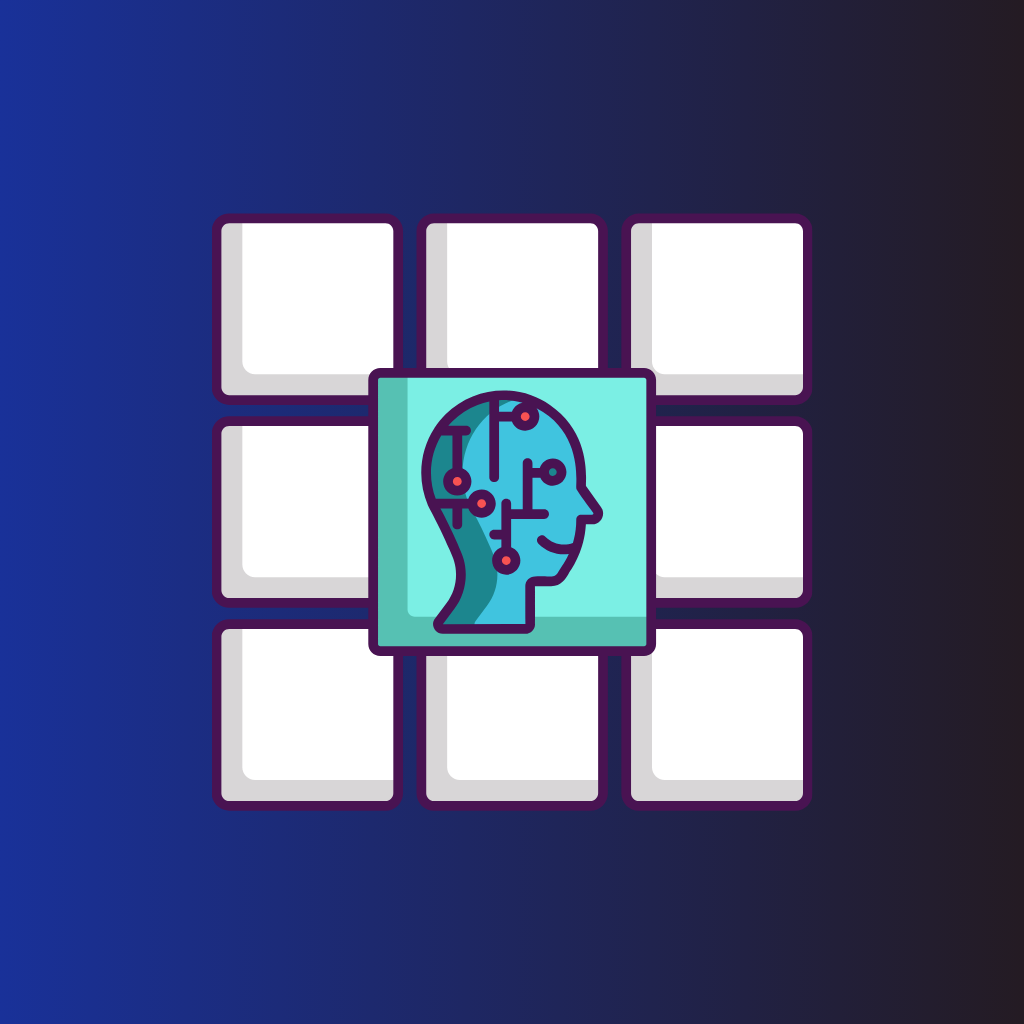In today's technology-driven world, Artificial Intelligence (AI) has emerged as a linchpin in numerous industries, revolutionizing how we interact with digital platforms. Mobile app development, in particular, has seen a dramatic transformation thanks to the integration of AI technologies. This introduction aims to explore AI's role and its profound impact on enhancing mobile app functionalities, making them more intuitive, efficient, and user-centric.
Artificial Intelligence refers to the simulation of human intelligence processes by machines, especially computer systems. These processes include learning (the acquisition of information and rules for using the information), reasoning (using the rules to reach approximate or definite conclusions), and self-correction. In the context of mobile apps, AI is primarily used to personalize the user experience, automate tasks, and improve decision-making processes, all in real-time.
Mobile apps equipped with AI capabilities can analyze vast amounts of data generated by user interactions, providing insights that were previously inaccessible. This data-driven approach allows developers to create more refined, user-friendly interfaces and functionalities, catering to individual preferences and behaviors.
The integration of AI into mobile apps has been a game-changer in several ways:
- User Experience Enhancement: AI algorithms can predict user preferences and provide tailored content, making apps more engaging.
- Efficiency Improvements: Apps can automate routine tasks, such as scheduling or customer service, reducing the workload on humans and speeding up response times.
- Innovation in Services: AI opens up new possibilities for features such as real-time language translation, advanced image recognition, and interactive voice-controlled assistants.
As mobile technology continues to evolve, the role of AI becomes increasingly central in the development process. It not only enhances existing app functionalities but also enables developers to innovate and experiment with new types of applications that were once thought impossible. By understanding the fundamentals of AI and embracing its capabilities, developers and businesses can unlock the full potential of mobile technology, creating apps that are not only functional but also transformative.
I. Enhancement of User Interaction through AI
One of the most significant impacts of Artificial Intelligence in mobile app development is the enhancement of user interaction. AI technologies enable apps to become more responsive and intuitive, adapting to the needs and behaviors of users in real-time. This section delves into three critical aspects of AI-driven user interaction: Personalization, Voice and Language Processing, and Predictive Analysis.
Personalization: Tailoring Experiences with AI
AI-driven personalization is at the heart of enhancing user interaction. By leveraging machine learning algorithms, apps can analyze user behavior, preferences, and interaction patterns to deliver customized content and recommendations. For instance, streaming services like Netflix and Spotify use AI to analyze viewing and listening habits, respectively, recommending movies, shows, and music based on individual tastes. This not only improves the user experience but also increases the time spent on the app, enhancing user engagement and loyalty.
Voice and Language Processing: Enhancing Communication
Natural Language Processing (NLP) and voice recognition technologies have revolutionized how users interact with mobile apps. Voice assistants like Apple's Siri, Google Assistant, and Amazon's Alexa are powered by AI to understand and process human speech, enabling users to interact with their devices using natural language. This technology is particularly useful in hands-free scenarios, such as while driving or cooking, where users can issue commands without physically interacting with their devices.
Predictive Analysis: Anticipating User Needs
Predictive analysis uses AI to forecast future user behaviors based on historical data. This capability is invaluable for apps aiming to enhance user engagement and satisfaction. For example, financial apps can analyze spending patterns to offer customized budgeting advice or warn of potential overdrafts before they occur.
In social media apps, predictive analysis can suggest friends to add or groups to join, enhancing the social connectivity and engagement of the platform. Gaming apps use AI to adjust difficulty levels in real-time, keeping the game challenging enough to keep players engaged but not so difficult that they get frustrated.
Through these AI-driven techniques—personalization, voice and language processing, and predictive analysis—mobile apps can create a more engaging and satisfying user experience. By understanding and anticipating the needs of users, developers can build more effective and user-friendly apps, driving both satisfaction and retention.
II. Improvement in User Accessibility Through AI
Artificial Intelligence (AI) is not only transforming user interaction but is also significantly improving accessibility in mobile apps. This enhancement is crucial as it ensures that apps are usable and beneficial to a broader audience, including individuals with disabilities. AI technologies like image recognition and speech-to-text, along with language translation features, are pivotal in breaking down barriers for users with visual and hearing impairments, as well as for those who speak different languages.
Visual and Hearing Impairments: AI as an Enabler
For users with visual impairments, AI-driven image recognition technology can transform the way they interact with the world around them. Mobile apps like Seeing AI from Microsoft use AI to describe nearby people, text, and objects. This app can read printed text in real-time, recognize faces and express emotions, and even identify consumer products via their barcodes. Such functionalities enhance the independence of visually impaired users by giving them a tool that narrates the world around them.
Global Reach: Connecting Users Across Languages
AI-powered language translation is another area where accessibility is being enhanced, enabling apps to reach a global audience. Instant translation features powered by AI help users who speak different languages communicate effortlessly. For instance, the Google Translate app uses AI to offer real-time voice translation, which is invaluable for travelers and international business professionals. By breaking down language barriers, these features extend the reach of mobile applications, making them accessible and usable for a truly global user base.
III. Impact on Business Outcomes Through AI Integration
The adoption of Artificial Intelligence (AI) in mobile app development does not only improve user experience and accessibility; it also has a significant impact on business outcomes. AI-driven features are pivotal in increasing user engagement, enhancing revenue streams, and boosting operational efficiency. These improvements are crucial for businesses looking to thrive in the competitive app market.
Increased User Engagement: Retaining Users with AI
AI can dramatically increase user engagement, which is often directly correlated with higher retention rates. By utilizing machine learning algorithms, apps can deliver personalized content and recommendations that resonate more effectively with individual users. For example, video streaming apps use AI to analyze viewing habits and subsequently suggest shows and movies that keep users engaged and more likely to return. Similarly, fitness apps employ AI to tailor workout and nutrition plans based on the user's progress, preferences, and past activities, which keeps users motivated and engaged over longer periods.
This personalized engagement not only enhances user satisfaction but also significantly decreases churn rates, as users feel that the app continually meets their needs and interests.
Enhanced Revenue Streams: AI's Role in Monetization
AI also plays a transformative role in the monetization strategies of mobile apps. One of the key areas is targeted advertising, where AI algorithms analyze user data to serve highly relevant ads at optimal times. By ensuring that ads are well-targeted, businesses can achieve higher click-through rates and increased ad revenue. Moreover, AI helps in identifying the right moments to offer premium features or subscription models to users, enhancing the likelihood of conversion.
For instance, gaming apps use AI to determine when a player might be more inclined to purchase in-app features based on their engagement level or achievement in the game. This targeted approach not only improves sales but also personalizes the shopping experience, making it feel less intrusive and more integrated into the gameplay.
Operational Efficiency: Streamlining Operations with AI
Beyond enhancing user-facing features, AI significantly contributes to operational efficiency. Many tasks that traditionally required human intervention, such as customer support queries, are now being automated using AI. Chatbots and virtual assistants can handle a wide range of customer inquiries without human intervention, providing 24/7 support and freeing up human resources for more complex issues. This not only reduces operational costs but also speeds up response times, improving overall customer satisfaction.
Furthermore, AI-driven analytics tools can help businesses predict market trends, user behavior, and potential technical issues before they impact the service. This predictive capability allows companies to be proactive rather than reactive, optimizing their strategies in marketing, customer service, and product development.
Through increased user engagement, enhanced revenue streams, and improved operational efficiency, AI integration in mobile apps offers substantial business advantages. These AI-driven improvements are not merely incremental; they can be game-changers in how businesses scale, adapt, and thrive in the digital marketplace. As mobile technology continues to evolve, leveraging AI will be critical for businesses aiming to remain competitive and innovative in the app ecosystem.
The integration of Artificial Intelligence (AI) into mobile app development marks a pivotal shift in how apps are designed, function, and impact users and businesses alike. This transformation is profound, touching every facet of the mobile app landscape—from enhancing user interaction and accessibility to reshaping business outcomes through increased engagement, revenue opportunities, and operational efficiencies.
AI has revolutionized the mobile app experience by making apps more intuitive and responsive to individual user needs through personalization, voice and language processing, and predictive analytics. These AI-driven enhancements not only improve user satisfaction but also significantly boost engagement and retention rates. Moreover, AI has made mobile apps more accessible, breaking down barriers for users with visual and hearing impairments and overcoming language differences to create a truly global user base.
In conclusion, the integration of AI in mobile apps is more than just a technological upgrade—it is a strategic necessity for any business looking to thrive in the digital age. By harnessing the power of AI, businesses can create more effective, engaging, and successful mobile applications that stand out in a competitive marketplace.







